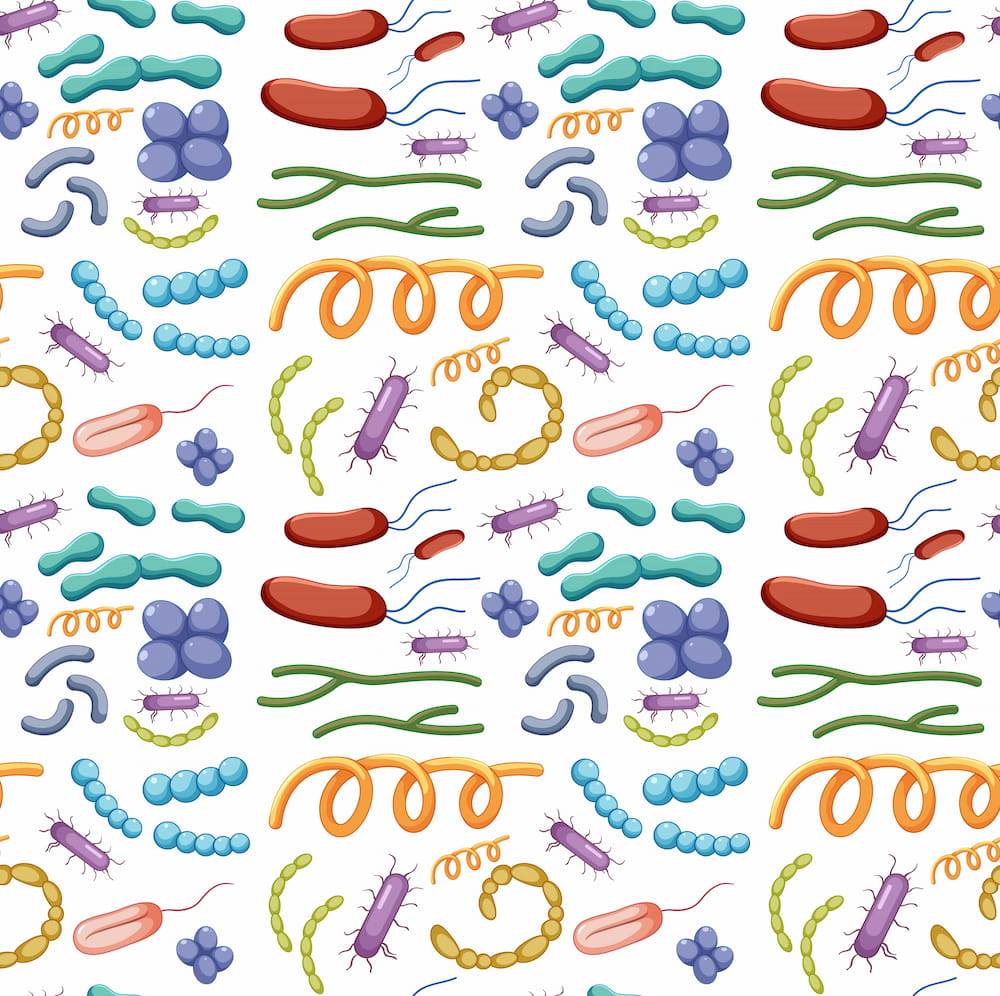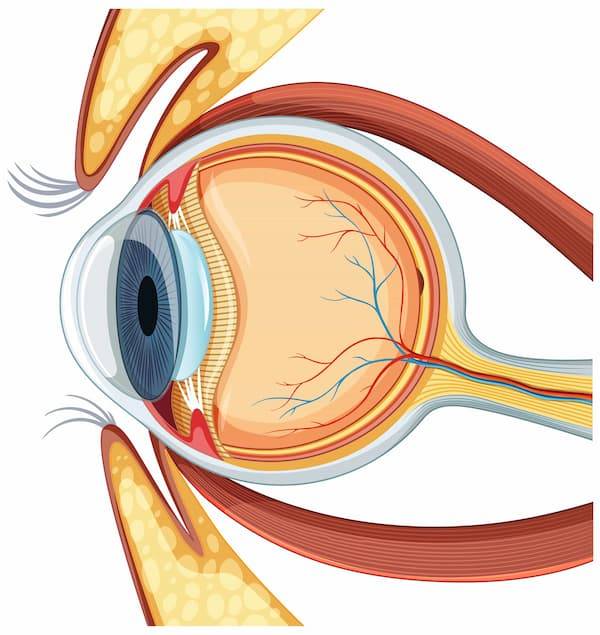

The Gut Invader: Confronting Clostridium difficile
In the intricate ecosystem of our gut, an unwelcome guest sometimes disrupts the harmony—Clostridium difficile. Commonly known as C. diff, this bacterium can turn from a dormant presence to a formidable foe. Let's unravel the complexities of C. diff infection, exploring its causes, symptoms, and the evolving landscape of treatments.
Clostridium difficile:
C. diff is a Gram-positive, spore-forming obligate anaerobe. They stay dormant in the gut without causing any harm, but this same commensal organism can cause infection when there is an imbalance/dysbiosis in the gut. It starts producing toxins in the colon after the diversity of the beneficial and protective gut microbiota has been altered by antibiotic therapy, organ transplant, cancer treatments or when the immunity has been compromised.
The Havoc it Creates:
C. difficile is acquired by the ingestion of spores via the fecal-oral route. Infection ranges from mild symptoms like diarrhoea, nausea & mild cramping to development of pseudomembranous colitis and even death in severe disease. Exposure to spores does not always translate into colonization, as the gastrointestinal environment must be favourable for these events to occur. However, if the metabolic and microbial environment of the gut has been perturbed, spore germination, vegetative outgrowth, and toxin (Toxin A TcdA & Toxin B TcdB) production will occur. Epithelial damage, inflammation, and clinically overt disease can result from toxin production.
Prevention Strategies:
- Wash your hands thoroughly.
- Take antibiotics only when strictly necessary.
- Take probiotics suitable for your gut microbiome.
Course of Treatment:
Mild infections are tackled with antibiotics, while severe cases may require hospitalization for intravenous antibiotics and fluid support and for direct delivering medications into colon as an enema. Recurrent cases pose a challenge, with Repeat antibiotic therapy & Fecal Microbial Treatment (FMT) emerging as a promising solution, rebalancing the gut by transplanting healthy microbiota. In FMT treatment the dysbiotic gut is rebalanced by taking the faecal microbiota from the healthy individual’s stool and transferring it to the CDI patient’s colon.
In the gut's delicate balance, C. difficile disrupts, but prevention and evolving treatments offer hope. The battle against this unwelcome guest highlights the importance of gut harmony for well-being.
References
Clostridium difficile and the microbiota

